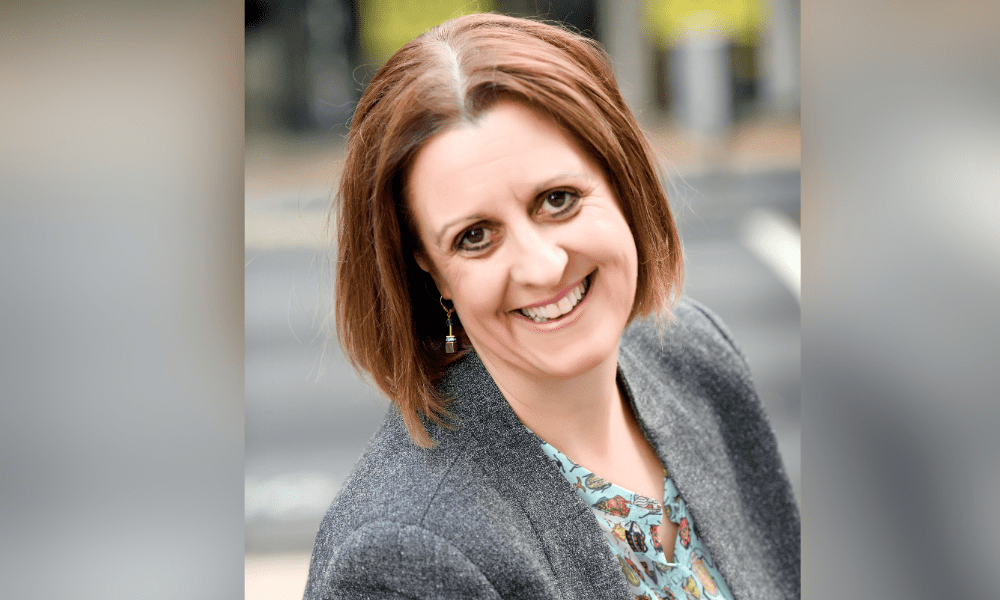What’s the new type of training that ANZIIF is developing?

What’s the new type of training that ANZIIF is developing? | Insurance Business Australia
Claims
What’s the new type of training that ANZIIF is developing?
CEO will reveal more details at Women in Insurance Summit
The Australian and New Zealand Institute of Insurance and Finance (ANZIIF) is designing a training course for the insurance industry that will tackle issues related to vulnerability and family domestic violence.
“This is a topic which is being captured by the legislators and regulators, by the media and by the insurers as important,” she said. “We’re now developing a standalone module on vulnerability and within that a course on family domestic violence.”
“Ninety-nine per cent (99%) of cases of domestic violence involve some form of financial abuse,” said Leanne Ho, partner with insurance law firm Wotton + Kearney (W+K). “Insurance can be used as a tool of financial abuse.”
In May, the federal government announced a range of measures to help stop violence against women, including a major investment in the Leaving Violence program.
The ANZIIF strategy behind its educational offering, said Shanks, is to be proactive in response to key industry issues and help the industry get ahead of any government regulation.
Preparing the industry for 2022 flood inquiry outcomes
The CEO recently returned from a trip around Asia where she visited ANZIIF stakeholders, including insurance associations and institutes. One focus of that trip was introducing members across the region to ANZIIF’s new Empathetic Claims Management course.
2022 flood inquiry: five key focus areas
The parliamentary committee involved in that inquiry is not due to report its findings until September. Shanks wants to give the industry a head start.
“Based on listening to the insurers and the Standing Committee during the inquiry earlier this year, there are five areas which were pretty obviously the focus of the Committee, one of them was empathetic claims management,” she said.
Shanks said the other four issues that were a focus of the inquiry were:
Policy wordings
Effective and timely resourcing during catastrophes
Timely communications
Use of expert reports
“What we’re doing is we’re saying we recognize there are some consistent themes that came out of the flood inquiry committee’s process,” she said.
The policy wording issues related to flood insurance coverages, she said, included terms for flooding and maintenance.
Shanks told IB that her previous career in politics helped her anticipate what’s likely to be in any government recommendations or possible legislation coming out of the flood inquiry later this year.
“So because I’m an ex politician and I had seven years in government involved in parliamentary committees you get an understanding of the language these committees use,” said Shanks. “Also, based on what the flood committee was focusing its attention on you can get a good indication of key things likely to be in the report.”
Discussion with other stakeholders in the inquiry process, she said, also helped her form a view of what is likely down the track for insurance firms.
“You get a feel for what the committee could be writing in its review and then after talking to other organisations and getting their views on the process we’ve landed on what those things might be,” said Shanks.
The ANZIIF CEO said the aim is to provide insurers with tools that can help them understand and deal with key live industry issues and upcoming legislative and regulatory changes.
For example, she said, when the flood inquiry is over and regulators are approaching insurers to find out how they are responding, these firms have something substantial to show.
“We’ve given the insurer the tools to go to the regulator and the policymakers and say, ‘Actually, we’ve heard what your concerns are and we’ve got some industry initiatives which are around empathetic claims management’,” said Shanks.
Related Stories
Keep up with the latest news and events
Join our mailing list, it’s free!






